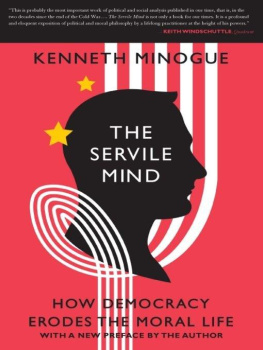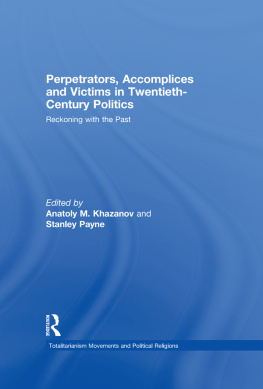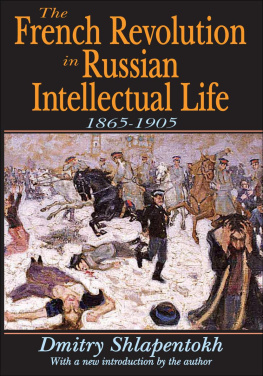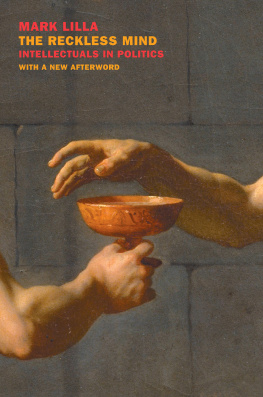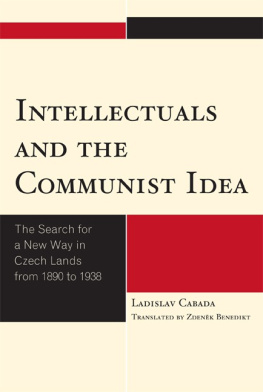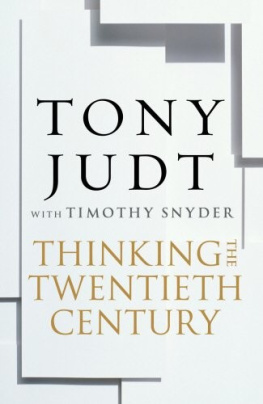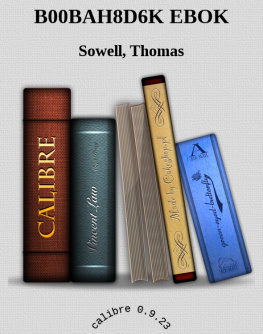The Servile Mind
How Democracy Erodes the Moral Life
by
Kenneth Robert Minogue
2012
 ~ All Your Books Are Belong to Us !!! ~
~ All Your Books Are Belong to Us !!! ~ http://c3jemx2ube5v5zpg.onion
The Servile Mind
How Democracy Erodes the Moral Life
Copyright 2012 Kenneth Robert Minogue
Encounter Books, 900 Broadway, Suite 601,
New York, New York, 10003.
eISBN : 978-1-594-03651-4
Borrowed from
~ Radical Militant Library ~
Support Your Librarian.
One of the grim comedies of the twentieth century was the fate of miserable victims of communist regimes who climbed walls, swam rivers, dodged bullets, and found other desperate ways to achieve liberty in the West at the same time as intellectuals in the West sentimentally proclaimed that these very regimes were the wave of the future. A similar tragicomedy is being played out in our century: as the victims of despotism and backwardness from third world nations pour into Western states, the same ivory tower intellectuals assert that Western life is a nightmare of inequality and oppression.
In The Servile Mind: How Democracy Erodes the Moral Life, Kenneth Minogue explores the intelligentsias love affair with social perfection and reveals how that idealistic dream is destroying exactly what has made the inventive Western world irresistible to the peoples of foreign lands. The Servile Mind looks at how Western morality has evolved into mere politico-moral posturing about admired ethical causesfrom solving world poverty and creating peace to curing climate change. Today, merely making the correct noises and parading ones essential decency by having the correct opinions has became a substitute for individual moral actions.
Instead, Minogue posits, we ask that our government carry the burden of solving our socialand especially moralproblems for us. The sad and frightening irony is that as we allow the state to determine our moral order and inner convictions, the more we need to be told how to behave and what to think.
Contents
[]
Michael Oakeshott, On Human Conduct, Clarendon Press, Oxford, 1975, p. 113.
[]
Hilaire Belloc, The Servile State, Indianapolis: Liberty Press, 1977 (1913) p. 184.
[]
Belloc, p. 178 (italics in text).
[]
For example, in the work of T. H. Green, L. T. Hobhouse, and Bernard Bosanquet. Nor should we forget Benthams greatest happiness principle as a political criterion for moral conduct.
[]
Adopted by the United Nations in September 2007.
[]
For a critical view of the resulting cultural accommodations, see Brian Barry, Culture & Equality: An Egalitarian Critique of Multiculturalism, Polity, 2001.
[]
Troilus and Cressida, Act I, Scene iii, pp. 109111.
[]
Sir Thomas Elyot, The Book Named The Governor, London: Dent, 1962 (1531) p. 2.
[]
Montesquieu, The Spirit of the Laws, translated and edited by Anne M. Cohler, Basia Carolyn Miller, and Harold Samuel Stone, Cambridge University Press, 1989, Bk. 8, Ch. 12, pp. 1212.
[]
See Private Truths, Public Lies: The Social Consequences of Preference Falsification , by Timur Kuran, Harvard University Press, 1995.
[]
Henry IV, Part II, Act V, Scene ii.
[]
Christopher Booker, The Neophiliacs: A Study of the Revolution in English Life in the Fifties and Sixties, London: Collins, 1969.
[]
Claudio Veliz, The New World of the Gothic Fox. Berkley: University of California Press, 1994.
[]
I have analyzed the structure of ideology in Kenneth Minogue, Alien Powers: The Pure Theory of Ideology, 1985, new edition ISI Books: Wilmington, Delaware, 2008.
[]
The French bourgeoisie... has brought the lumpenproletariat to power...; The Eighteenth Brumaire of Louis Bonaparte in Karl Marx and Friedrich Engels: Collected Works, Vol. 11, 18511853. At the end of this brilliant pamphlet (pp. 1956) Marx suggests that Louis Napoleon would like to take over the whole wealth of the country as a patriarchal benefactor, give it back to the French, and convert it into a personal obligation to himself. It is a brilliant formula that uncovers the corrupt passion democratic politicians have used to replace the idea of authority with rule resting on the gratitude of the ruled.
[]
Alexis de Tocqueville, Democracy in America, Introduction by Alan Ryan, New York: Everyman Library, 1994, Vol. II, p. 199.
[]
The anti-discrimination movement has, of course, a metaphysical dimension. Essences can be shuffled about. It was reported in 2007 in Britain that a lesbian schoolteacher had been awarded 20,000 as compensation for being refused paternity leave by the Roman Catholic school in which she had been teaching. Her partner had been expecting a baby.
[]
David G. Green, Were (Nearly) All Victims Now! How Political Correctness is Undermining Our Liberal Culture, Civitas: Institute for the Study of Civil Society, 2006.
[]
I have a photograph of a large audience of undergraduates at a talk given at Sydney University in 1949. Every one of the young men is wearing a jacket and tie. You dressed proper if you went to varsity in those days.
[]
Olympianism and the Denigration of Nationality, in Claudio Veliz (ed.), The Worth of Nations, Boston University: The University Professors, 1993, pp. 7181.
[]
In 2009, John Bercow was voted Speaker of the House of Commons, and abandoned the traditional dress and accoutrements speakers had always hitherto paraded.
[]
Machiavelli, op. cit., Ch.15.
[]
Aristotle, Politics, Book III, Section 4.
[]
Philippa Foot, Rationality and Goodness, in Anthony OHear (ed.), Modern Moral Philosophy, Cambridge University Press, 2004.
[]
In Leviathan, Chapter 31, Hobbes deals with what natural reason tells us about our duties to God (which largely amount to conforming to the laws of nature) and in Chapter 43, what in Christian terms is necessary for salvation. It simply consists in the affirmation that JESUS IS THE CHRIST.
[]
Max Weber, The Protestant Ethic and the Spirit of Capitalism, trans. Talcott Parsons, Routledge: London, 1930/1992, p. 80.
[]
Thomas Hobbes, Leviathan, Part I, Ch. 8.
[]
David Hume, A Treatise of Human Nature, Book I, Part IV, Section 6, Of Personal Identity.
[]
The necessity for education is present in children as their own feeling of dissatisfaction with themselves as they are, as the desire to belong to the adult world whose superiority they divine, as the longing to grow up. Hegels Philosophy of Right, T. M. Knox (ed. & trans.), Oxford: Clarendon Press, 1952, Para. 175 R.
[]
Adam Smith, The Theory of the Moral Sentiments, Indianapolis: Liberty Classics, 1969, Part III, Ch. 2, pp. 2089.
[]
The Republic, Book II, p. 359d.
[]
The Republic, Book I, p. 351.
[]
A matter of central interest to Machiavelli. See Discourses, Ch. IX. Polybius discusses Roman religion in Book VI of The Rise of the Roman Empire, trans. Ian Scott-Kilvert, Penguin Books, 1979, p. 349, where he writes that... the very phenomenon which among other peoples is regarded as a subject for reproach, namely superstition, is actually the element that holds the Roman state together.
[]
This event became the basis for the play Rope, which in turn became an Alfred Hitchcock film.
[]
P.G.Wodehouse,

